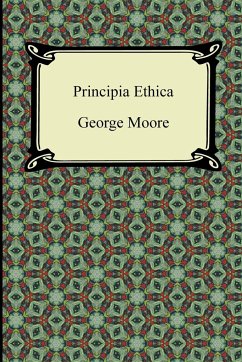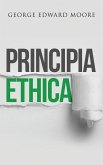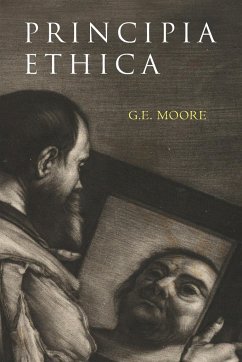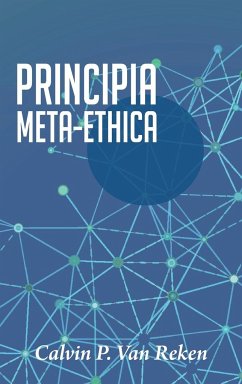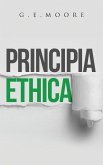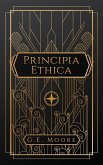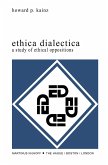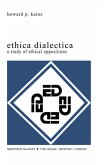George E. Moore (1873-1958) was a hugely influential philosopher of the 20th century. Moore spent most of his career concerned with ethics. Along with Bertrand Russell, Ludwig Wittgenstein, and Gottlob Frege, he developed the analytical tradition of modern philosophy, using a scientific and even mathematical approach to logic and reason. Also a member of the Bloomsbury Group, Moore made cultural waves, become a sort of intellectual celebrity of his day. His 1903 monograph "Principia Ethica" has become a foundational text for modern ethics. At the heart of this classic is an examination of "good". What is this concept and how is it defined? Moore contests that "good" is indefinable, only to be known and understood through a direct experience of "good". This, of course, has broad repercussions when examining ethics. "Principia Ethica," then further examines moral intuition, the naturalistic fallacy, and organic unity. Moore takes up these issues with lucidity and eloquence, making this text a true pleasure to read. A pillar of modern philosophy, "Principia Ethica" continues to be standard reading for any student of philosophy, resonating with an increasingly complex world.

